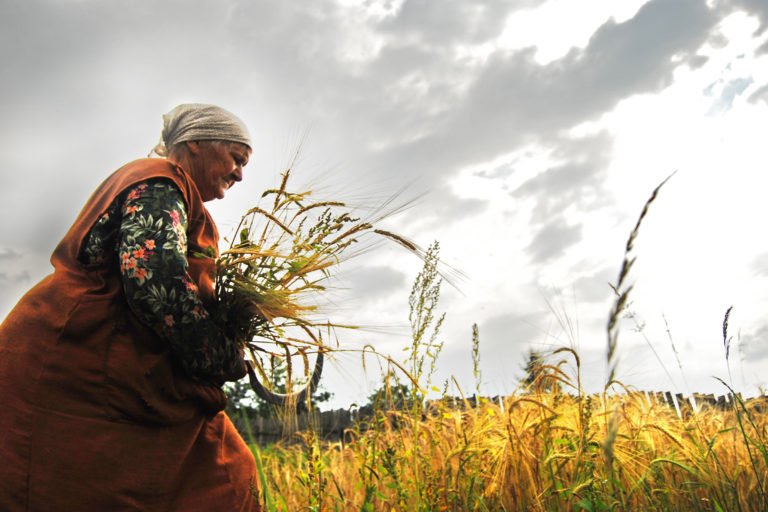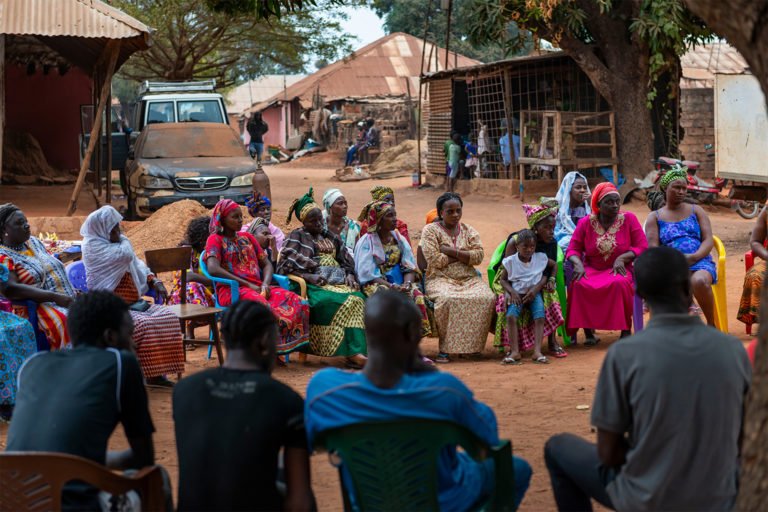- A recent assessment from the Intergovernmental Science-Policy Platform on Biodiversity and Ecosystem Services calls for the integration of the variety of ways humans value nature.
- Often, many decisions are driven by market-based considerations, which has helped contribute to the global biodiversity crisis, the authors of the assessment say.
- But nature is worth more to humans than just the marketable or tangible.
- By considering these other values, such as cultural identity and spirituality, decision-makers can create policies that are more inclusive and have the potential to stem the worldwide loss of species, the scientists say.
A focus on valuing nature through the lens of the market has contributed to the global biodiversity crisis, according to a recent report from the Intergovernmental Science-Policy Platform on Biodiversity and Ecosystem Services (IPBES).
IPBES produced an in-depth assessment in 2019, concluding that 1 million species of plants and animals could go extinct as part of the worldwide decline in species. Building on that assessment, the authors of this new report note that the push for economic growth, at times leading to the unchecked consumption of resources and destruction of habitat, has helped to drive this slide.
“Biodiversity is being lost and nature’s contributions to people are being degraded faster now [than] at any other point in human history,” Ana María Hernández Salgar, the IPBES chair, said in a statement. “This is largely because our current approach to political and economic decisions does not sufficiently account for the diversity of nature’s values.”
The new report, released July 11, focuses on the ways in which human societies value nature. “Market-based” values, such as the use of land for industrial-scale agriculture or the clearance of forest for timber that can be sold, have been dominant. But, the report says, shifting how humans look at the worth of natural services and resources could provide avenues to stem the loss of biodiversity.
“The report does not tell countries or sectors which path to follow,” Unai Pascual, a co-chair of the assessment, said at a press conference. “What it tells [them] is that any pathway that might be followed is underpinned by specific values, and those values need to be understood.”
The assessment involved the review of more than 1,000 studies, identifying more than 50 approaches for sorting out the value of what we humans get from nature. The authors grouped the studies based on the methods they used to peg a value to a nature-provided good or service — whether, for example, those processes took into account the value that Indigenous groups place on nature. (It turns out that many do not.)
“What is in short supply is the use of valuation methods to tackle power asymmetries among stakeholders and to transparently embed the diverse values of nature into policymaking,” Pascual said in the statement.

The authors classified the ways in which nature is valued, distilling the various approaches into several perspectives on the value of what nature provides. These ways of thinking ranged from an emphasis on meeting material needs, to the inherent rights of nature, to the cultural identity and spirituality drawn from it.
Integrating these different viewpoints has potential, the report’s leaders said.
“Recognizing and respecting the worldviews, values and traditional knowledge of indigenous peoples and local communities allows policies to be more inclusive, which also translates into better outcomes for people and nature,” Brigitte Baptiste, a landscape ecologist and a co-chair of the assessment, said in the statement.
Ultimately, proponents of a more integrated valuation of nature say we must account for what it provides us, whether those services, goods and other benefits fit neatly into the market paradigm or not.
“Nature is what sustains us all. It gives us food, medicine, raw materials, oxygen, climate regulation and so much more,” Inger Andersen, executive director of the U.N. Environment Programme, said in the statement announcing the release of the assessment. “If we do not value nature and account for it in decision-making, it will continue to be lost. And that can only be bad news for humanity.”

Banner image: Children catch fish in a rice paddy, Thailand. Image by TOM…foto/Shutterstock.com.
John Cannon is a staff features writer with Mongabay. Find him on Twitter: @johnccannon
Citation:
Pascual, U., Balvanera, P., Christie, M., Baptiste, B., González-Jiménez, D., Anderson, C.B. … Vatn, A. (Eds.). (2022). Summary for policymakers of the methodological assessment of the diverse values and valuation of nature of the Intergovernmental Science-Policy Platform on Biodiversity and Ecosystem Services. doi:10.5281/zenodo.6522392
FEEDBACK: Use this form to send a message to the author of this post. If you want to post a public comment, you can do that at the bottom of the page.














